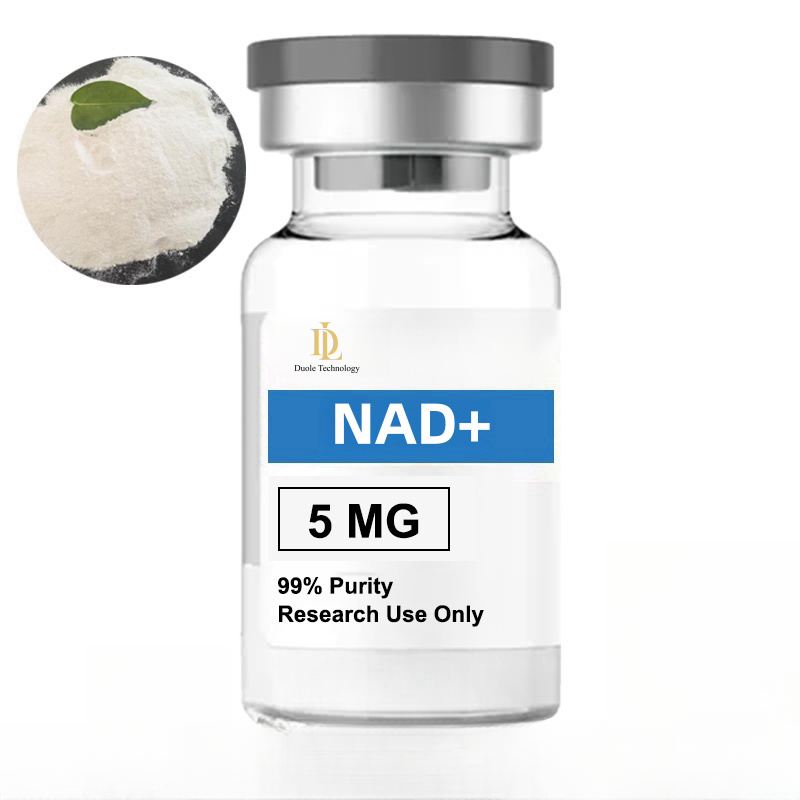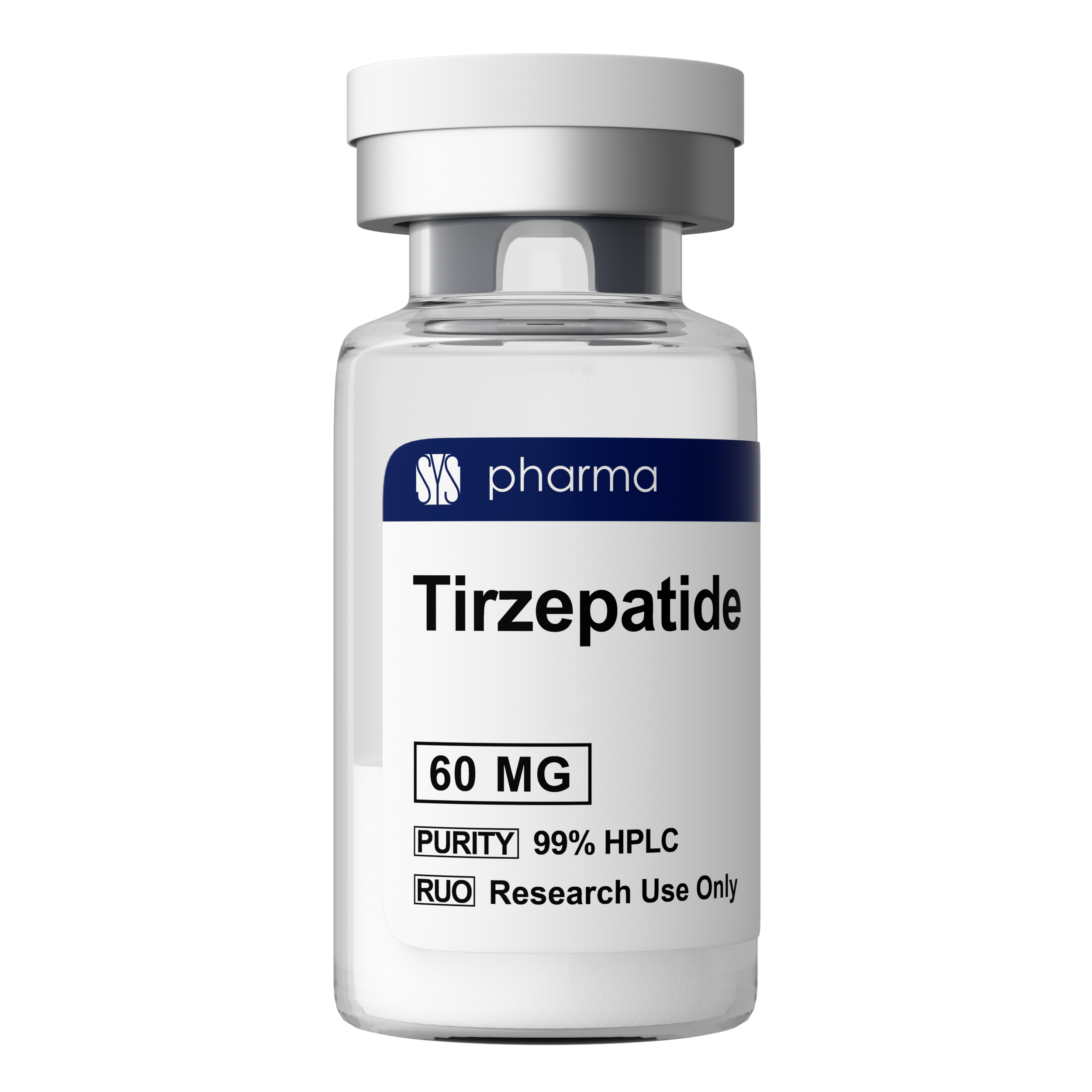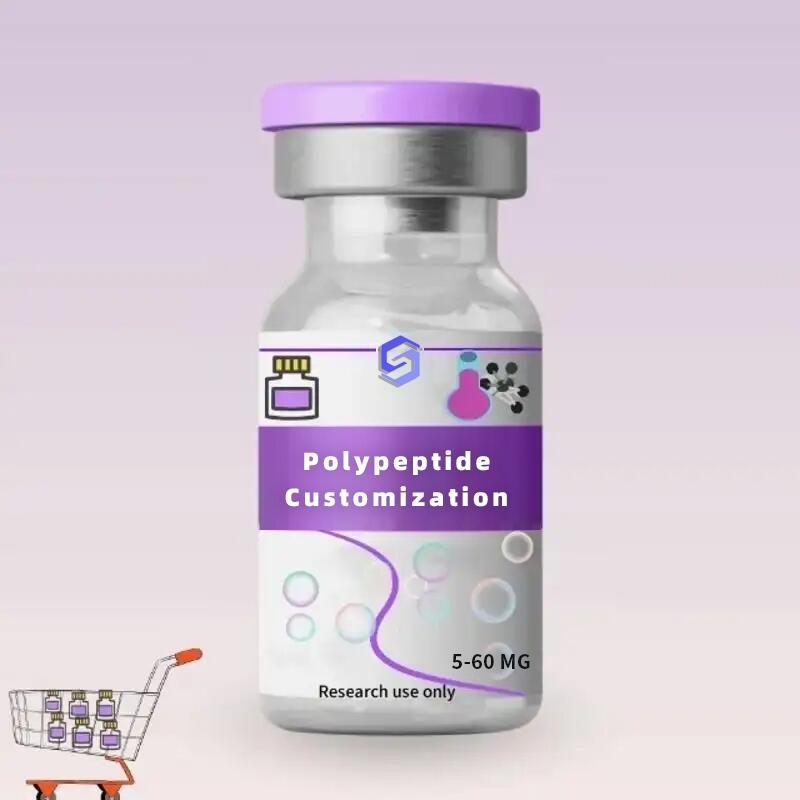Cold thinking on the acquisition of Baiji Shenzhou: the first financing cold winter for me too start-up pharmaceutical enterprises in China
-
Last Update: 2019-11-05
-
Source: Internet
-
Author: User
Search more information of high quality chemicals, good prices and reliable suppliers, visit
www.echemi.com
"Startups around 2015 are experiencing financing difficulties." At a meeting, Hong Tan, the managing director of Junlian capital, told e drug manager reporter "I think it's time for start-ups to solve the problem of survival and development!" Xie Yuli, founder and general manager of micro environment biotechnology / Suzhou occasionally lead biology, also expressed the same view in the keynote speech In an interview with e-medicine managers, Xie Yuli said that the start-ups established in the previous two years and only completed tens of millions of yuan of financing are facing financing difficulties, and the project has entered a clinical stage that requires a lot of costs, so they are in a difficult period After Amgen acquired 20.5% shares of Baiji Shenzhou on November 1, the development of China's innovative biomedical enterprises is facing differentiation: behind the "Baiji Shenzhou", a wave of me recently established It is difficult for the start-up pharmaceutical enterprises of the too class to be favored by investors, while the first wave of "bio upstarts" gradually rise in their heads in questioning and praising, and explore the development path of China's bio pharmaceutical innovation enterprises 01 Start up pharmaceutical companies are in trouble "These start-ups are mainly me too / fast follow." Xie Yuli said These start-ups have many risks at present due to the acceleration of the introduction of products from multinational companies into China, the aggravation of the competitive environment, the pressure of drug prices, the disadvantage of talents and other factors Homogeneous competition is one of the main factors to increase the risk of Chinese start-up pharmaceutical enterprises Nature quoted by Wang Yinxiang, chairman and CEO of gakesi Pharmaceutical Technology Development Co., Ltd According to a group of data published in review, only one company developed 42% of 1027 new drug targets in 2013, while in 2016, 661 new drug targets decreased to 26%, while those developed by more than five companies increased from 26% to 36%, those developed by 2-4 companies at the same time increased from 32% to 38%, and the homogenization of new drug development Competition is intensifying, but the difference and innovation of Chinese start-ups are still lacking "There are a lot of start-ups in China, just a few years ago At that time, the most convenient thing was to do me too The risk and cost were relatively small, and it was easier to operate." Xie Yuli told e pharmaceutical manager reporters that in the current environment, it was still meaningful for Chinese start-up pharmaceutical companies to do me too Due to the slow speed of drug review and approval at that time, the time for the original research to enter China was long and the price was high, which gave these companies a certain space However, due to the change of drug price policy and the accelerated entry of original research into China, the homogenization of China's start-up pharmaceutical enterprises has become increasingly prominent in recent two years He Ruyi, former chief scientist of CDE and chief scientist of innovation and health of SDIC, said at the freehand sketch conference that the patent protection of small molecule drugs is very strong If we want to break through the patent, it is very difficult, but we need strong basic research support to make innovation In the aspect of large molecule drugs, the patent protection is relatively weak Although they all aim at the same target, they all have their own after making products Intellectual property That's why Chinese companies follow up very fast No matter large enterprises or small enterprises, there are not too many obstacles to follow up, but it is difficult to achieve differentiation and strong innovation As homogenization competition intensifies, the general view is that the later the time to market is, the more unfavorable the product will be Therefore, "Three Guarantees and five contests" has become the primary principle for the start-up pharmaceutical enterprises to do me too products It can also be found from the international situation that, unless it is differentiated or innovative, it is difficult for me too products after the five companies to get returns At present, there are just five popular PD-1 fields in China, and they are in the stage of expanding indications From the financial statements of the first four listed companies, they have gained good income in about one year But at present, there are at least 30 domestic research and development projects of PD-1, and overseas PD-L1 is also applying to enter the Chinese market China's first wave of innovative pharmaceutical companies have seized the opportunity to eat crabs in me too products Wang Yinxiang said that at present, one of the advantages of domestic me too drugs is to rely on the huge single market of China, which still has a certain space If it is a small and medium market like South Korea, the problem of homogenization may be more prominent "But we certainly won't see more than 30 PD-1 listings, and China doesn't need so many." Yuan Quanhong, President of CCB "Homogeneous competition is not necessarily a bad thing." Song Yan, founder and CEO of Lingsheng Medical Co., Ltd., said at a seminar held by Kerui Wei'an not long ago that the phenomenon of biopharmaceutical clustering is ultimately a process of sweeping waves and shuffling from the perspective of integrated industry Finally, a group of well-done Enterprises will emerge Previously, chemical companies such as Hengrui and Kelun were also imitated On the other hand, it is also the process of training talents for the industry 02 "It's the clinical stage of burning money" but unlike the first wave of innovative pharmaceutical companies, the start-up companies just "start up" have encountered a critical problem - lack of money "From 2015 to 2018, there was a certain bubble in the industry due to massive capital input." At that time, the domestic funds and institutions increased, but the understanding of innovative drugs was not deep enough The institutional environment and financial environment made a large number of me too start-up pharmaceutical enterprises get financing development "What's more, it's all in the clinical stage of burning money" The enterprises that only need tens of millions of financing a few years ago may need hundreds of millions to do clinical work now In the case of limited total funds, the number of enterprises that investors can invest in has declined How to "select one from a hundred" is a problem, which also leads to a large number of start-up enterprises' dilemma of not having money to enter clinical work In addition, the founding teams of these enterprises may have accumulated a lot of experience in preclinical research and development, but after entering the clinical design and development stage, it is very difficult to do so, Hong said It is worth noting that the imperfect exit mechanism of investors is also one of the reasons for the financing difficulties of innovative pharmaceutical enterprises On the whole, one of the major differences between China's innovation industry and overseas is that biotech tends to transform biopharma, lacking the M & A of large pharmaceutical enterprises to innovative biomedical enterprises "The path of exit through listing is now clear, but there is still a lack of exit through M & A of large and medium-sized enterprises." Bao Jun, general manager of Shanghai Yingpai pharmaceutical, told e pharmaceutical managers Bao Jun has many years of BD experience in pharmaceutical companies at home and abroad In his opinion, innovative pharmaceutical companies rarely let investors exit by listing, and it is more realistic to merge and acquire large and medium-sized enterprises At the same time, after exiting, funds return to the fund and enter other projects again, forming a good ecology Meng Bayi, a special commentator of tongyouyi, pointed out that in 2018, 40% of the U.S drug R & D investment came from large enterprises, 31% from small and medium-sized enterprises Most of the small and medium-sized investment was invested in preclinical and clinical phase I and phase II Only when the stable clinical phase III is achieved, can large enterprises invest intensively Therefore, he believed that small and medium-sized investment is the key to new drug R & D, and it is more decentralized, flexible and sensitive Be ready to withdraw capital and avoid risks at any time Wang Jin, founder of Manhattan capital, also criticized the domestic investment ecology He believes that capital is more inclined to enter the me too products and companies with lower risk and seek stable and short-term returns "International big pharmaceutical companies are willing to buy some first in class products, while China's mainstream capital has invested in some projects that big companies will not buy at all." Wang Jin believes that investors should pay more attention to the early innovative pharmaceutical companies that have the potential to become first in class, and the price is relatively cheap in the early stage, while the later stage funds are mostly large pharmaceutical companies or specialized in c-round and d-round capital takeovers 03 M & A may come when me too is difficult to continue, but now large domestic pharmaceutical companies are still not interested in innovative pharmaceutical projects "The first reaction of President sun of Hengrui to a project is that he can do it himself When he finishes, he will become a me too product." When e-medicine manager reporter asked a start-up drug company's boss about his views on M & A, he replied He believes that in the future, it will be more and more difficult for large pharmaceutical companies to choose their own research and development methods Wang Yinxiang explained to e pharmaceutical managers: "first of all, in the case of product homogenization, domestic enterprises have no incentive to merge and acquire Second, even if they merge and acquire, domestic enterprises can only realize the Chinese value of products, but not the ability to realize the global value For an innovative product, the proportion of China's value in the global value is very low, maybe only 10%." At present, the targets of domestic me too products are Btk, PARP, CDK4 / 6, PD-1 and so on, as well as some differential double antibody products Taking the popular PD-1 as an example, there are not only innovative bio pharmaceutical enterprises such as Junshi and Xinda, but also traditional pharmaceutical leaders such as Hengrui and Zhengda Tianqing In the face of the positive competition of traditional pharmaceutical enterprises, what are the advantages of non clinical start-up pharmaceutical enterprises? Wang Yinxiang told e pharmaceutical managers that as innovative pharmaceutical companies are more focused, their R & D efficiency and resource investment will be relatively larger, but the short board will appear when they invest the most in clinical trials, especially in global development, which is also one of the driving forces for seeking cooperation and M & A But for the innovative pharmaceutical companies that have entered the later stage, the two tier market is expecting higher and more capital, so the value of the listed companies is greater than the value of mergers and acquisitions At the same time, due to the lack of high-quality mergers and acquisitions and the valuation bubble, the power of large enterprises to purchase innovative pharmaceutical enterprises is also weak "When a large pharmaceutical company finds that it is cheaper to buy a product than to make it by itself, it will buy it." Bao Jun told e pharmaceutical managers that at present, domestic me too products have been approved to market in the way of avoiding existing product indications, and win the market through marketing There are also some cases of super indication drugs However, with the recognition of innovation value and the maturity of negotiation mode by medical insurance in the future, me will be forced to For me too products, it will not only increase the cost, but also be very difficult to expand the indications that need to face the competition, and conduct head-to-head test Therefore, this mode will be difficult to continue, and finally turn to a more cost-effective acquisition, merger and acquisition of first in class products and companies Although M & A has not yet appeared, there have been examples of cooperation between innovative pharmaceutical companies and large pharmaceutical companies For example, Cinda has cooperated with Lilly for many times At present, the two companies are jointly developing multiple products, including the PD-1 of Cinda Another example is Baiji Shenzhou, which has reached cooperation with Amgen "There are more and more examples of innovative pharmaceutical companies seeking cooperation with large pharmaceutical companies." Xie Yuli also said that his current pipeline pre clinical products are open to cooperation In addition, among the large pharmaceutical enterprises, such as China Bio pharmaceutical, they chose to enter some fast follow start-ups The cornerstone investor of AXA Pharma, which was listed on October 28, is China biopharmaceutical The pipeline progress of apoptosis mechanism of AXA is at the forefront of the world, and has the potential of first in class and best in class But for the early start-ups at present, it is still a practical problem how to excavate their own value and live a safe winter in the cold winter 04 The concept transformation of innovative drugs by investors "the investment of innovative drugs has entered the deep water area." Hongtan said Junlian capital started to invest in innovative drugs in 2011 It should
This article is an English version of an article which is originally in the Chinese language on echemi.com and is provided for information purposes only.
This website makes no representation or warranty of any kind, either expressed or implied, as to the accuracy, completeness ownership or reliability of
the article or any translations thereof. If you have any concerns or complaints relating to the article, please send an email, providing a detailed
description of the concern or complaint, to
service@echemi.com. A staff member will contact you within 5 working days. Once verified, infringing content
will be removed immediately.







